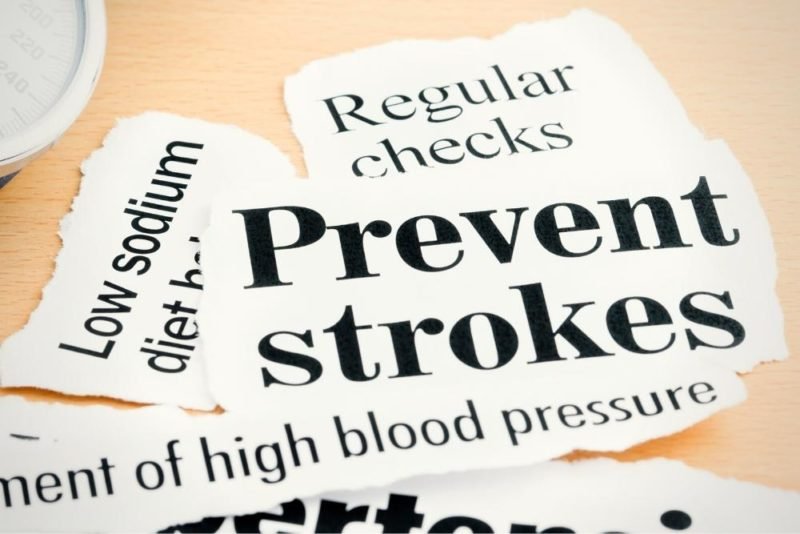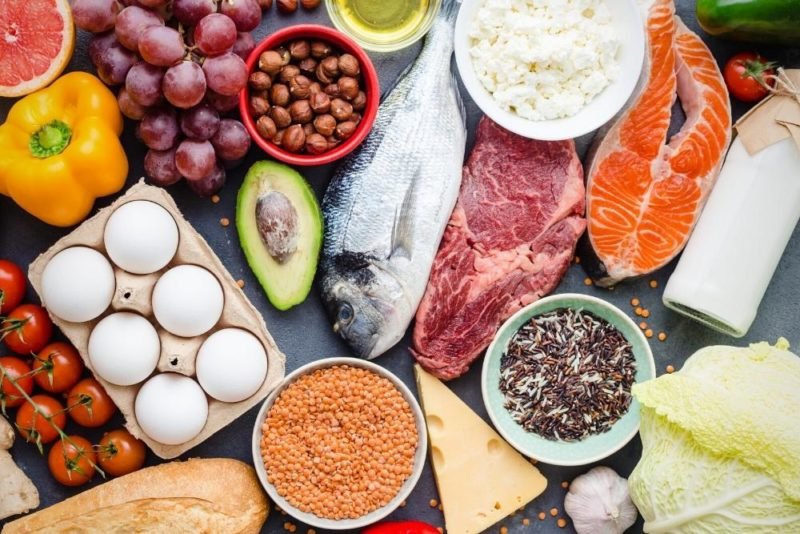A few little secrets about nutrition science
[ad_1]

I the moment experienced a client who subscribed to a ton of wellness-nourishment-wellness email newsletters. She usually discovered that her mornings would slip, slip, slip away as she fell down the publication rabbit gap. She explained to me that she was consistently hunting for that 1 “secret” to better overall health that her close friends did not know so SHE could be the a person to bestow this newfound knowledge. Unfortunately, paying most mornings browsing for this holy grail acquired in the way of her in fact performing issues that would help her health and fitness and wellbeing, like likely for a stroll, performing yoga or meditating.
(Just after discussing how if a little something “secret” truly labored, it wouldn’t be a key, we also agreed that she would unsubscribe from some of these emails.)
I have a master’s degree in diet science, and I am clearheaded on the strengths and weaknesses of this science. For case in point, a person unfortunate point about nutrition science that gets disregarded by media protection of new reports is that it’s not often groundbreaking. It is prevalent for the significance of investigation findings to be exaggerated, not just in push releases set out by the universities or other investigate establishments, but frequently in the real examine abstracts. (The abstract is the summary of the study, the tldr, if you will.)
This is why I rarely (Extremely almost never) cite a examine if I cannot get my arms on the comprehensive textual content of the study paper and assess it for myself. At minimum one particular exploration review has assessed how normally abstracts and push releases failed to properly signify the whole exploration posting. What the authors located was very pathetic. Element of the issue is that researchers will need to justify their funding, and if they want to make their findings seem far more significant than they are, then they could possibly do just that.

Searching further than the headlines
I read article content in the mainstream media each individual single working day that misrepresent the accurate conclusions of scientific study. (This occurs extra in newspapers and web sites, not so a great deal in publications, mainly due to the fact they have extended guide times and so are much more cautiously edited.) When you get to weblogs and e mail blasts, it can be even even worse.
Occasionally, it’s the headline that’s deceptive, when the report or publish is essentially reasonably balanced. However, because many folks just skim headlines, this is nevertheless a difficulty. (Raise your hand if you in some cases never ever make it previous the headline or it’s possible the initial paragraph.) This is one particular cause why persons are so bewildered about how to try to eat! I have used a whole lot of time dealing with the fallout of this misinformation among my customers.
Frequently, that fallout leads not just to confusion, but to ingesting from a place of concern and judgment rather than from a spot of nurturing and self-care. It success in earning food choices centered on beliefs and self-essential feelings about what and how a lot to consume. It further more erodes the means to trust our bodies to convey to us what, and how substantially, to try to eat on a unique working day, or at a certain food. As I normally say to my clients, why and how you eat is frequently much more important than what you consume.

Spoiler alert: there is no magic bullet
If you like to examine diet information, be watchful about any story that statements that a solitary review adjustments everything we assumed we realized about nourishment. If a research absolutely contradicts all preceding investigation on a topic, it is feasible that:
- The new study is flawed
- The results have been uneventful but obtained exaggerated in the press launch
- The researchers are on to anything, but that we’ll want additional investigation with very similar findings to validate it
That’s a person rule about scientific research — other researchers ought to be capable to replicate individuals findings. What we know about nourishment does alter around time. That is the character of the scientific approach, as we ask thoughts, look for answers through study, then use those people answers to talk to new thoughts. Even so, this is a slow, gradual system. Nourishment science does not convert on a dime.
The unsexy real truth about nourishment is that:
- There’s no one correct way to try to eat for every one person.
- Cultivating a healthy romantic relationship with food items may perhaps be just as significant (in some situations much more critical) than the foods by itself.
Healing a fraught, regulations-based mostly connection with meals allows you to trust your body’s wisdom and uncover a harmony of “nutritious” food stuff and “fun” food stuff that is right for you. And like any marriage, it takes do the job.
There no magic meals, no magic variety of calories, no magic macronutrient ratio. So why do we keep throwing away our time looking for a holy grail instead of investing that time in studying about ourselves and what we seriously have to have to really feel properly?

There is a specific location in hell for bodyweight loss research
Oh, really don’t even get me started. Oops…too late. If abstracts and institutional press releases are dodgy on quite a few experiments that have practically nothing to do with fat loss, they get positively rotten when weight decline is the subject matter. Discover me a pounds decline study that doesn’t get started out with gloom-and-doom statements about the “ob*sity epidemic” and I’ll take in my hat.
In numerous situations, these statements don’t have a quotation to again it up (due to the fact we all KNOW that getting extra fat is the worst point to at any time occur to wellbeing [insert eye roll]), but when they do it is to some other review that is also creating assumptions. Or, at ideal, conversing about ASSOCIATIONS between bodyweight and overall health (and, don’t forget, association are not able to prove bring about and effect).
It is a exploration dwelling of playing cards.
Fatphobia in healthcare…and health and fitness science

Fatphobia in healthcare is a very real thing, and it also will get tremendous true in nourishment and wellbeing research. I read a ton of research on pounds and health and fitness as nicely as on weight stigma, and a couple of matters are very clear:
- Researchers have not observed a way to eliminate pounds and hold it off for the long expression.
- Reports that declare they’ve made “successful” fat reduction end subsequent up with participants appropriate all around the stage exactly where men and women who get rid of fat intentionally start off regaining it. (Some of this is logistical, thanks to examine funding managing out, but I question if at times it is also strategic.)
- Practically no studies on fat and health take into account the independent adverse wellness outcomes of pounds stigma and yo-yo dieting.
- No scientific tests have proven that previously unwanted fat persons have the identical wellbeing — and the exact same chance of dying thanks to sickness — as a fairly equal group of constantly-slender people. (This could partly be for the reason that of #1.)
- Experiments that claim to show overall health advancements with a smaller amount of money of body weight reduction (any where from 3-10% of starting up fat), gloss above the idea that issues like increased physical action and better food items may have in actuality been dependable for noticed wellness improvements, not the body weight loss by itself. (The study on the Diabetic issues Prevention Program, where most contributors were in a position to sustain increases in actual physical exercise and didn’t lose substantially body weight, is a common case in point.)
(Really don’t just get my term for it, go through Ragen Chastain’s posting “Who Claims Dieting Fails Most Of The Time?” and “The “I Could Find 15 Studies” Fallacy.” Oh, and “Myths About the Failure Amount of Dieting.” And peruse the rest of the archives of her “Weight and Healthcare” Substack e-newsletter. But really don’t do it when you would normally be taking treatment of oneself in tangible ways….like going for a stroll, accomplishing yoga, or meditating!
Carrie Dennett is a Pacific Northwest-primarily based registered dietitian nutritionist, freelance author, intuitive taking in counselor, author, and speaker. Her superpowers involve busting nourishment myths and empowering women to truly feel far better in their bodies and make food items alternatives that support satisfaction, nutrition and wellness.
 Print This Submit
Print This Submit
[ad_2]
Source connection








